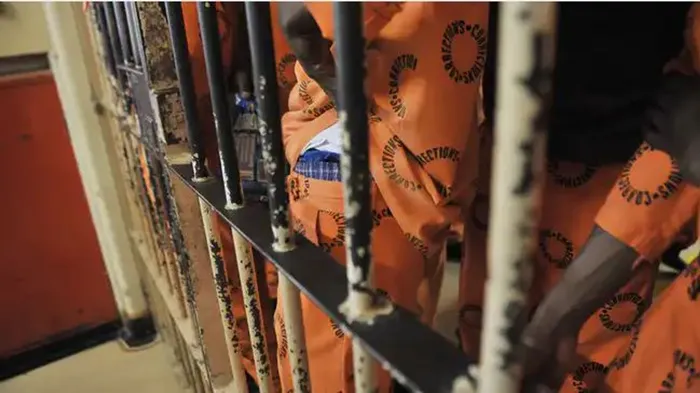Supreme Court bid for prisoners to use computers to further studies

Minister of Justice and Correctional Service Ronald Lamola has turned to the Supreme Court to appeal a Gauteng High Court, Johannesburg judgment which granted an inmate the right to use his personal computer. Picture: Oupa Mokoena African News Agency (ANA)
Pretoria - The Supreme Court of Appeal this week heard arguments on prisoners’ rights to use computers in their cells with the aim of furthering their studies.
The issue has been before the courts in the past, with some of the Boeremag accused who, years ago, launched an application to use their laptops in their cells for studying.
Judges have previously ruled in two cases that the prohibition placed by correctional services in not allowing inmates who study to use their private computers in their cells, constituted unfair discrimination.
Minister of Justice and Correctional Service Ronald Lamola has turned to the Supreme Court to appeal a Gauteng High Court, Johannesburg judgment which granted an inmate the right to use his personal computer in his cell – minus the modem – in order to further his studies.
Lawyers for Human Rights is representing the inmate.
It said that in 2018, their client instituted proceedings in the high court against the minister, the National Commissioner of Correctional Services and the head of Johannesburg Correctional Centre: Medium C.
The inmate, who wanted to further his studies, challenged the provisions of the department’s policy regarding formal education, which prohibits the use of personal computers in cells.
He argued that the prohibition was unconstitutional and unfairly discriminated against him, in line with the Promotion of Equality and Prevention of Unfair Discrimination Act, because he was incarcerated, and it infringed on his constitutional right to further education.
He is serving a 20-year sentence for robbery and has enrolled at an academy to do a data processing course.
In September 2019, the court handed down judgment in favour of the inmate. The court found that the department’s policy unfairly discriminated against him and that it was an unjustifiable limitation of the right to further education of incarcerated persons, and therefore, inconsistent with the Constitution.
The court also ordered that the inmate be entitled to use his personal computer for as long as he remained a registered student with any recognised tertiary institution in South Africa.
The state parties appealed the judgment, in the Supreme Court. The judicial inspectorate for correctional services was admitted as a friend of the court.
Lawyers for Human Rights argued that the prohibition in the department’s policy was unconstitutional and unjustifiably limited incarcerated persons’ constitutional rights to conditions of detention consistent with human dignity, including access to reading material, further education, the prohibition on unfair discrimination and human dignity.
The department, however, raised security concerns and said inmates had a designated study room where they could use their computers.
On the other hand, it was argued on behalf of the inmate that the study room was noisy and open for limited hours.
While the inmate was able to use his computer for a while following the judgment in his favour, he was denied this right after he was transferred to another section. He was told that he could use the computer in the study room.
Judgment in the appeal was reserved.
Pretoria News